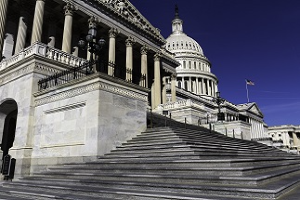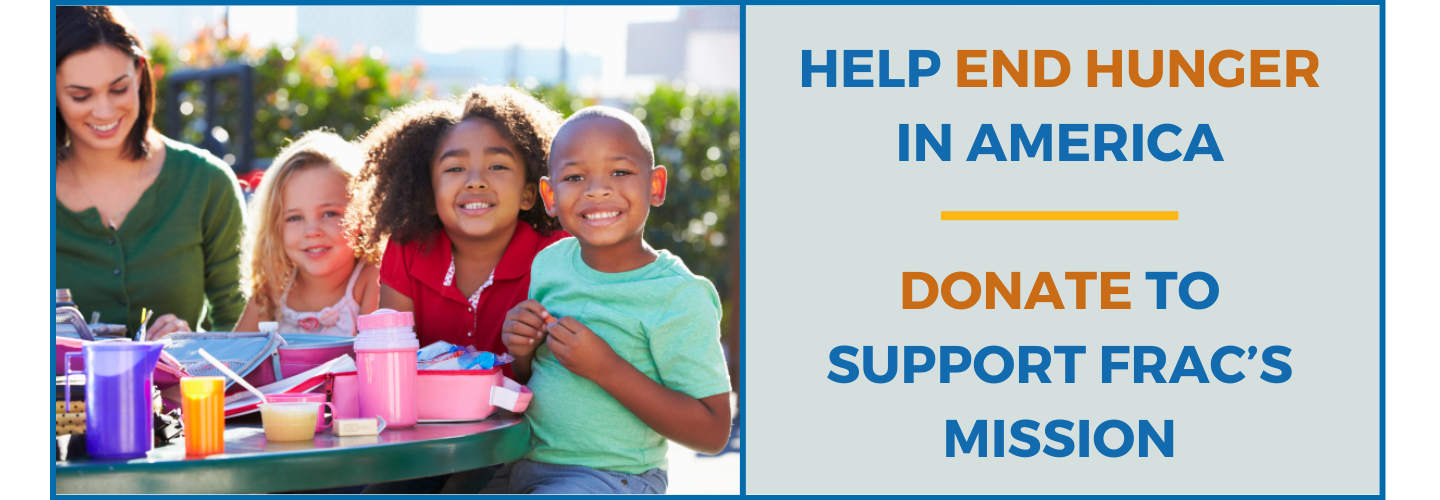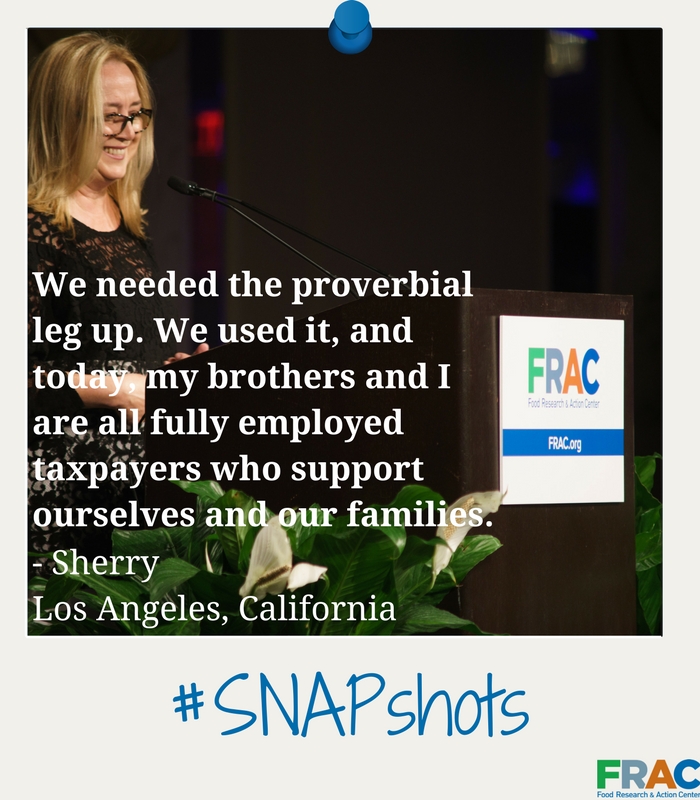
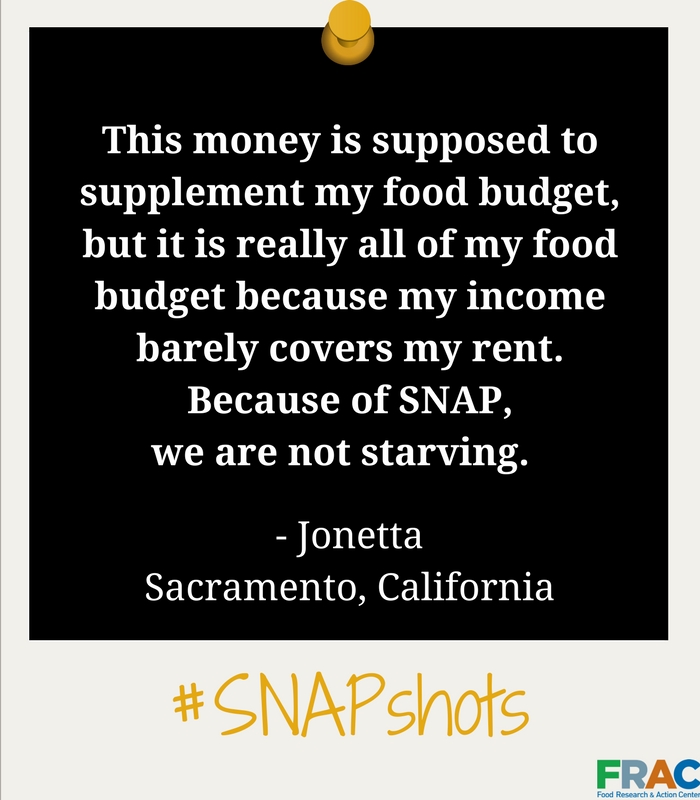
Resources

Make America Healthy Again Commission: Improve Child Health by Protecting and Strengthening the Federal Nutrition Programs
Learn More
National SNAP Fact Sheet
Learn More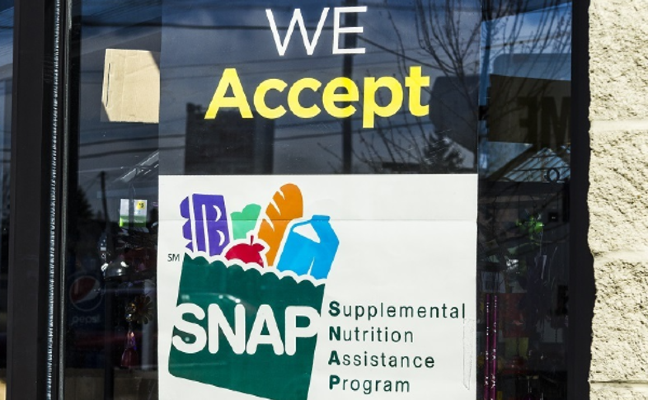
Challenges in Researching the Diets of SNAP Recipients
Learn More
SNAP State-by-State Fact Sheets
Learn More
CEP State-by-State Fact Sheets
Learn More
SNAP Challenge 2025 Toolkit
Learn More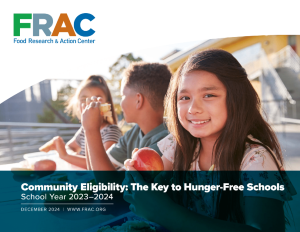
Community Eligibility: The Key to Hunger-Free Schools, School Year 2023 – 2024
Learn More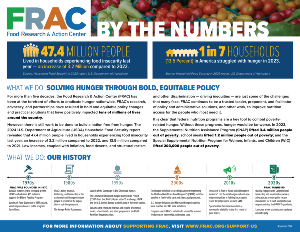
FRAC by the Numbers 2024
Learn More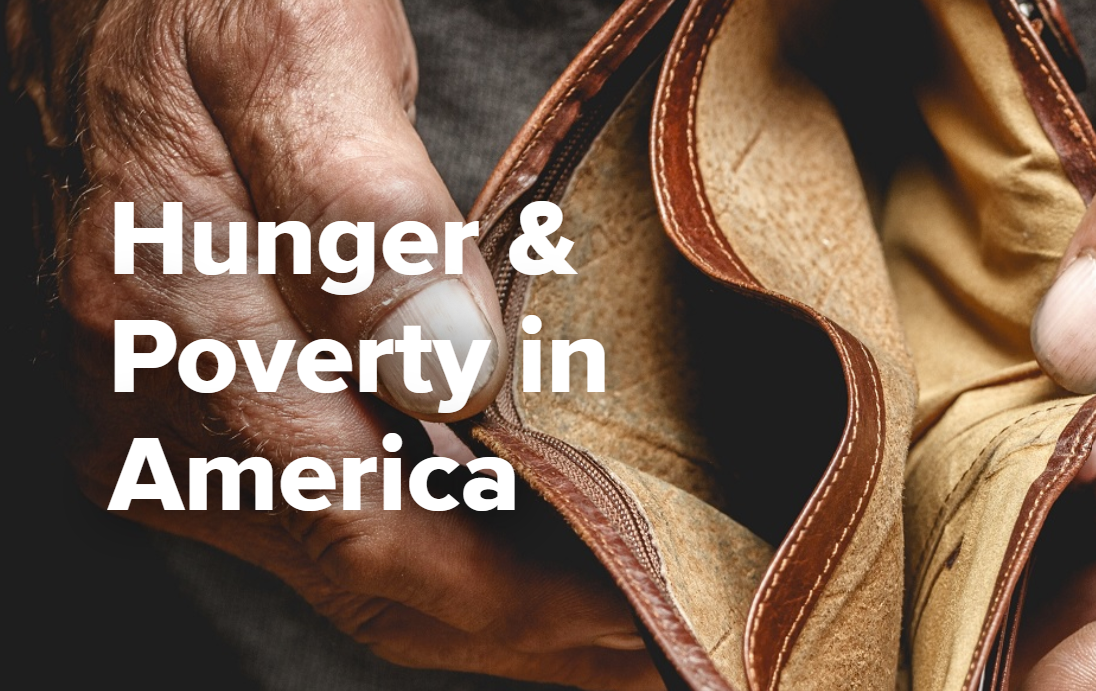
Hunger & Poverty in America
Explore the Data
Summer EBT Resource Center
Learn more
Healthy School Meals for All
Learn More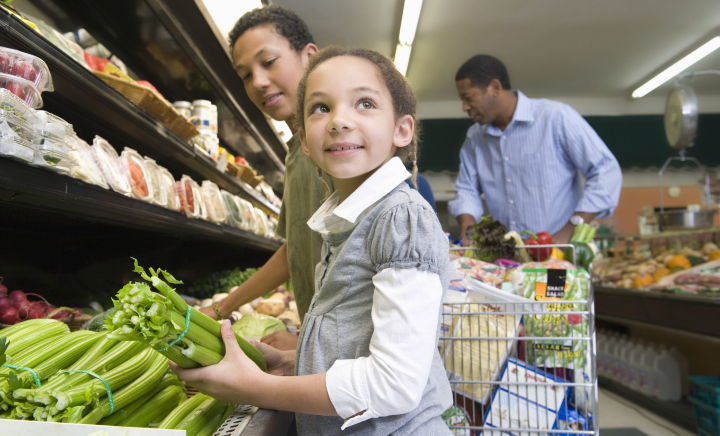
Expanded Child Tax Credits: A Transformational Opportunity to Help Families Put Food on the Table Research Brief
Learn more
Budget Reconciliation 101
Explore our report
News
FRAC Chat
The Senate-passed budget reconciliation bill is now headed back to the House, where a final vote is expected today or tomorrow. Although the Senate version costs slightly less overall, its provisions are more punitive and far-reaching in their harm. Most of the bill’s core provisions remain unchanged. The few amendments made — largely to comply with parliamentary rules or secure enough Republican votes — further underscore the bill’s inequities. Below is an overview of the most consequential changes. A full side-by-side comparison of the House and Senate versions can be found [here].
As the budget reconciliation process advances, Senate Democrats and a growing number of state leaders continue to raise the alarm about the devastating impacts of the proposed changes to the Supplemental Nutrition Assistance Program (SNAP). Advocates have been working nonstop, warning lawmakers, especially Republicans who are leading this bill, of the unprecedented shift and dire consequences this bill would cause.
Annually, the U.S. Department of Agriculture (USDA) issues a report on the characteristics of households and individuals participating in the Supplemental Nutrition Assistance Program (SNAP). The most recent report released in April provides details about fiscal year 2023 program participants, and critical insights for lawmakers, advocates, and stakeholders, while simultaneously pushing back against harmful narratives that have been perpetuated about households participating in SNAP.
Recent Publications & Data
See More Resources- Fact Sheet
The Summer EBT (Electronic Benefit Transfer) Program provides families with approximately $40 a month per eligible child to help with food costs during the summer months. This case study highlights how six states determined their administrative funding levels for the first year of Summer EBT implementation, as well as considerations for those states that have not yet participated.
Read the fact sheet - Fact Sheet
The Supplemental Nutrition Assistance Program (SNAP) helps millions of families put food on the table every month. It provides women, LGBTQIA+ people, and their families with critical nutrition assistance that supports their health and well-being.
Yet the House-passed budget reconciliation bill and Senate proposal seek to make wide-reaching cuts to SNAP, including by expanding time limits. Learn how these proposals would harm women, LGBTQIA+ people, and families in a new resource from FRAC and the National Women’s Law Center.
Read the fact sheet - Report
More schools and school districts are offering free school meals to all students through the Community Eligibility Provision (CEP), according to FRAC’s latest report, Community Eligibility: The Key to Hunger-Free Schools. This report analyzes CEP adoption—nationally and for each state and the District of Columbia—in the 2024–2025 school year.
Read the report - Report
In February 2025, the president signed an Executive Order established the Make America Healthy Again (MAHA) Commission. The Commission is tasked with investigating and addressing the root causes of America’s escalating health crisis, with an initial focus on childhood chronic diseases. Within 180 days, the Commission will use the findings from the assessment to create a strategy aimed at improving the health of America’s children.
Read the report here


